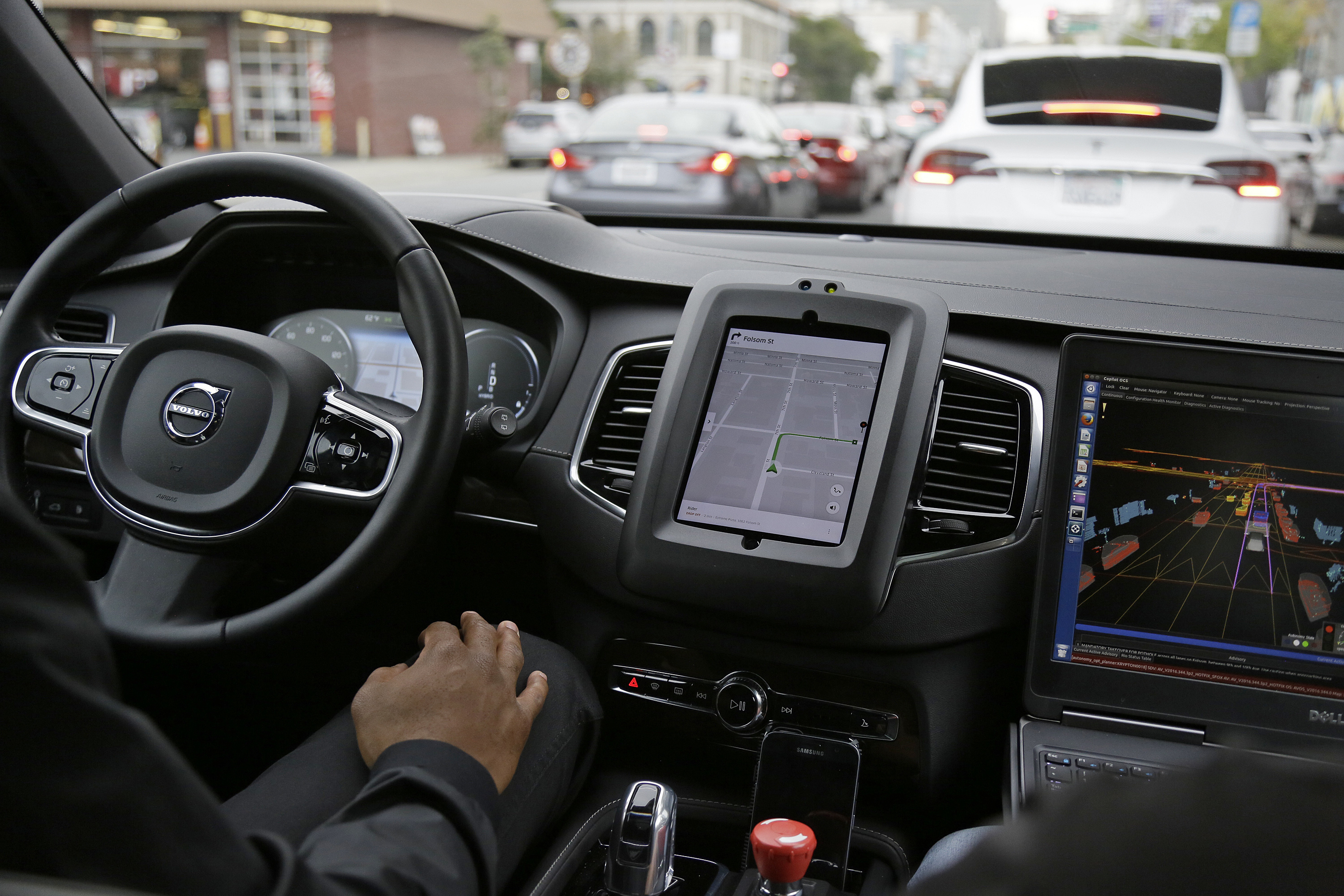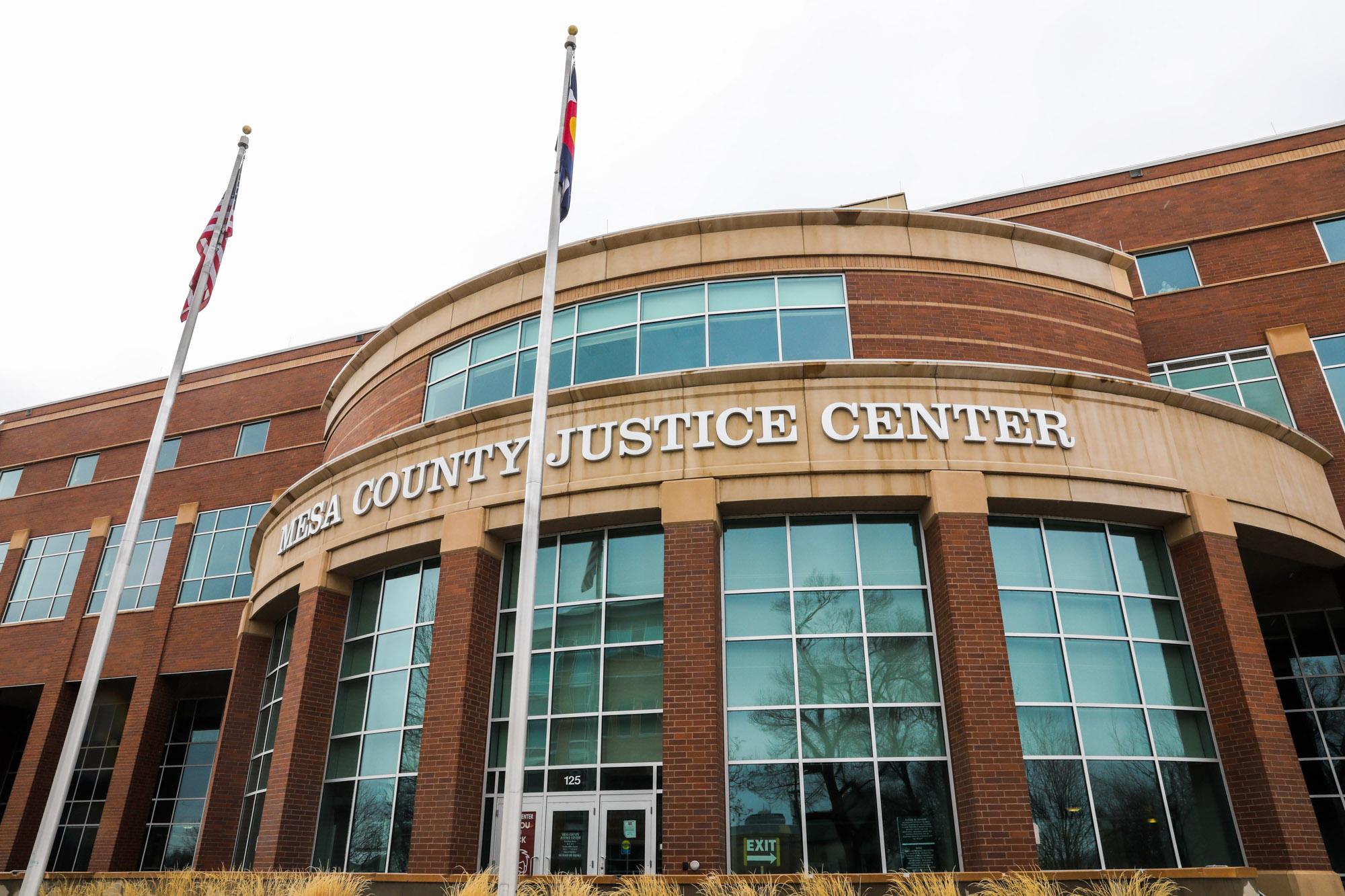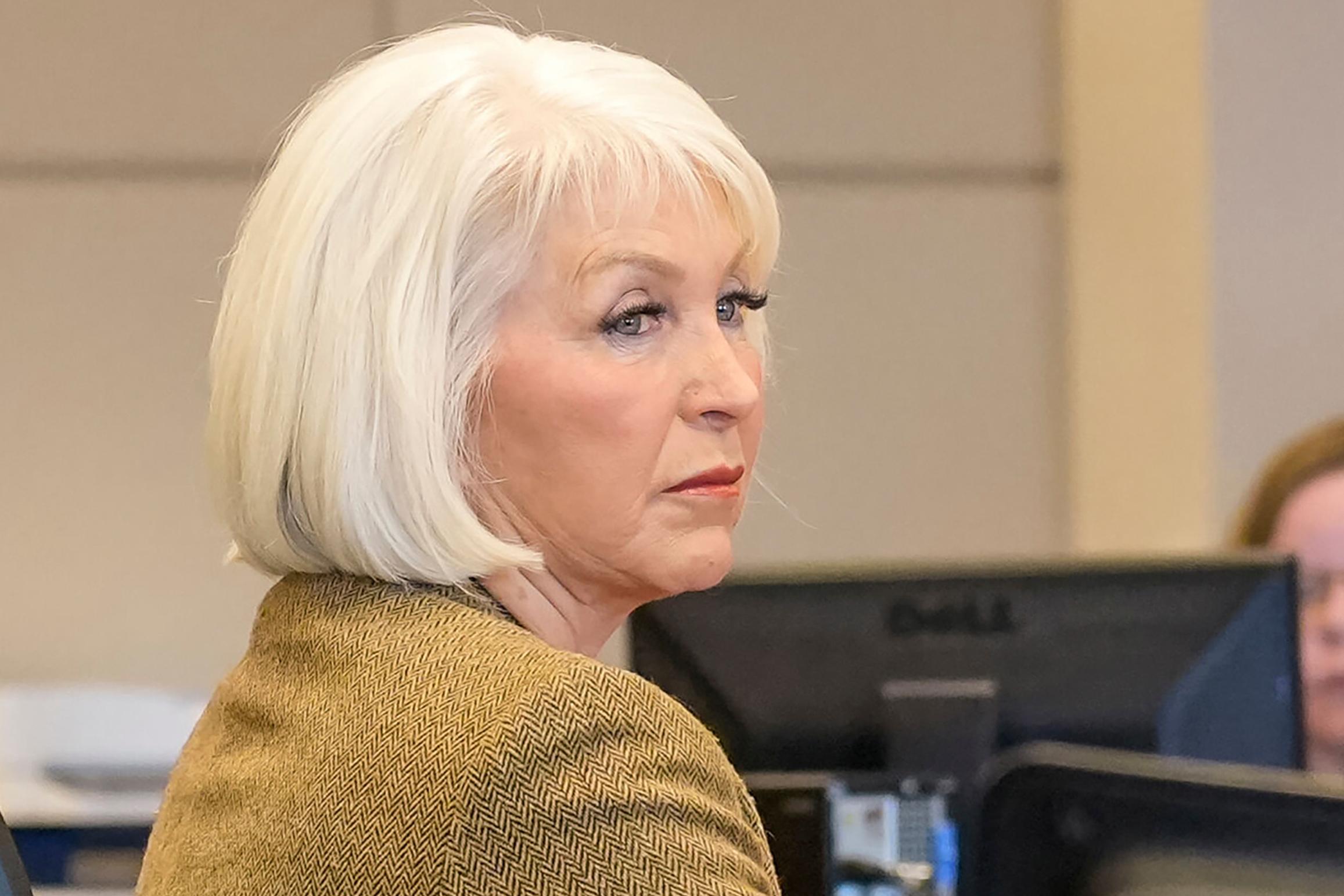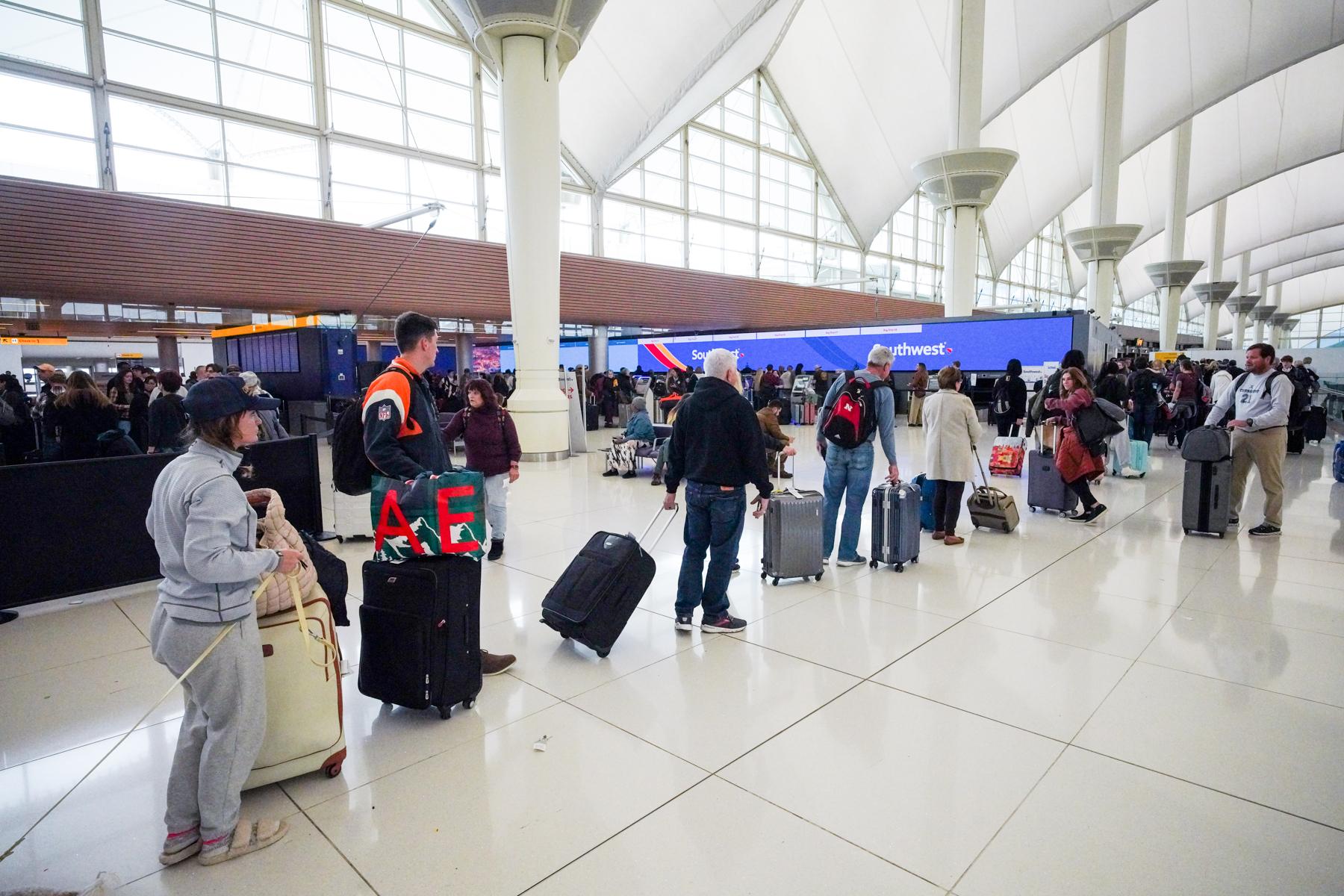
This story originally aired on April 13, 2017.
You may be able to buy a driverless car as soon as 2020. That’s when Audi plans to release its first fully autonomous vehicle, though you can already purchase cars with self-driving features such as adaptive cruise control, lane departure warning systems and autonomous parallel parking. The first bill to regulate self-driving cars statewide passed the state's 2017 legislative session with bipartisan support. Senate Bill 17-213 is on its way to the governor.
Sen. Owen Hill, a Republican from El Paso County, is a co-sponsor. He spoke with Colorado Matters host Ryan Warner.
Interview Highlights With State Sen. Owen Hill
Why this bill is not a comprehensive list of rules on self-driving cars:
"There are a whole bunch of questions out there. What does this look like? What do we do with insurance? What happens when it snows or it rains and you have chain laws in the mountains? And we very quickly came to realize our inability to answer these questions meant we had to have a very light touch here early on. We had to make sure that we weren’t going to regulate these out of existence before we even had time to answer a lot of these questions.”
Why this bill declares this a "statewide concern" and bars municipalities from regulating driverless cars:
"We're really doing the same as all other driving laws here [in Colorado]. This is a technology that people are putting into cars, whether it's anti-lock breaks, air bags or adaptive cruise control. This is not a new role for the state and we just want to clarify... and make sure that we don’t come up with a situation where you cannot drive from Colorado Springs to Denver because some municipality or county has decided we’re not comfortable with this yet.”
On the concern that this technology could lead to changes in employment within the transit industry:
"We are so bad at predicting what's going to happen... I think it's important to be very humble in what kind of predictions we make. Many people said when ATMs came out that we would put all these bank tellers out of business. Turns out we have more bank tellers employed now than before the ATM... [The ATM made it so] we could afford to pay these tellers to interact with a customer on a more regular basis. So there are so many of these examples where technology actually frees people up to do what they do best."
What happens if an autonomous vehicle gets into a car crash:
"We ran an amendment in the bill to clarify that liability [laws will] not change with the passage of this bill. So right now... there are processes for dealing with the technology separate from the driver. We will use those processes in these cases."
From Section 4 of the bill: "Liability for a crash involving an automated driving system driving a motor vehicle that is not under human control is determined in accordance with Product Liability Law, Common Law and other applicable federal or state law.”
Related:









